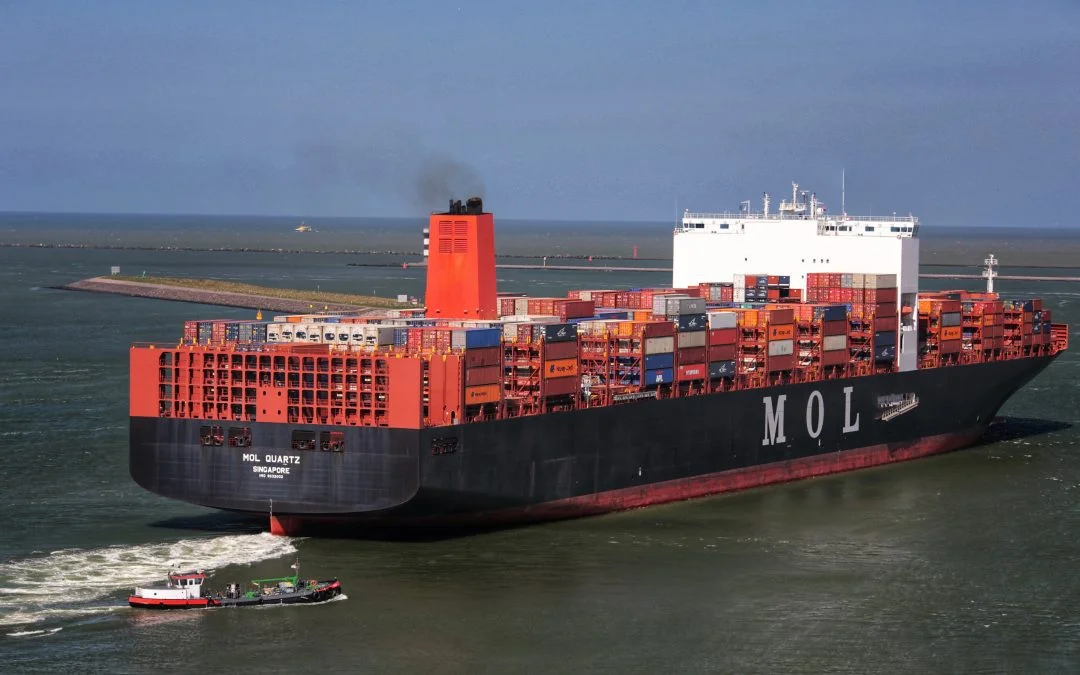Maritime shipping is indispensable to world trade, transporting around 80% of goods. As a result, it also accounts for an estimated 3% of worldwide greenhouse gas emissions. As climate change continues to cause worldwide supply chain disruption, could switching to cleaner future fuels be the answer?
Read on to learn about the contenders for renewable marine fuels and how good-quality piston rings can help to increase fuel efficiency and lower emissions.
Renewable Ammonia
Ammonia is rapidly emerging as a plausible maritime future fuel. And it has the potential to be zero-carbon from well-to-wake when produced using green energy.
Although toxic at low concentrations, ammonia has advantages when used as maritime fuel:
- Availability: Atmospheric Nitrogen used in the manufacture of ammonia is freely available.
- Storage: Ammonia is widely traded, and storage infrastructure already exists.
- Zero-carbon: Ammonia can eradicate CO2 emissions when produced using green energy.
- Technology: engines running on ammonia are closer to at-scale production than for other future fuels.
Decarbonising Hydrogen
In recent years, there’s been a considerable buzz about the use of hydrogen as a decarbonising fuel. Green hydrogen has a vital part to play in eliminating C02 emissions in shipping.
Hydrogen fuel cells have no adverse environmental impact as their byproducts are water and heat. Other advantages include:
- Powerful and energy-efficient: Hydrogen is a high-density fuel source with excellent efficiency. For example, hydrogen has a 60% fuel efficiency when used to power an ICE and delivers a 50% fuel reduction.
- Zero emissions: Hydrogen has no carbon footprint, reducing pollution and improving air quality.
- Long usage times: Hydrogen cells are not impacted by low temperatures and cold weather.
Easily Available LPG
LPG is widely available and has emerged as one of the best future fuels for decarbonising maritime engines. Liquid Petroleum Gas is commonly used in cooking, heating and transportation. But there’s a growing recognition of its importance as a future fuel.
The benefits of LPG fuel include:
- Reduced carbon footprint: With negligible particulate matter and sulphur levels, LPG emits fewer pollutants than Heavy Fuel Oil.
- Cost-effective: LPG is a cheap and more efficient power source, requiring less fuel for the same power output.
- Easy to transport: LPG is already widely available. The infrastructure exists, making it easy to transport and store.
- Safety: LPG is safe and reliable, with a higher ignition point than fossil fuels.
The Potential Of Biofuel
Biofuels convert organic matter, known as biomass, into a future fuel. And they’re likely to play a significant role in decarbonising maritime shipping in the coming years. Second and third-generation biofuels that use byproducts and algae present less danger of damage to the environment.
- Drop-in fuel: Biofuels require no engine modification and can make a straight replacement for standard fuel oil.
- Biodegradable and non-toxic: Biofuel is sulphur-free and potentially negative for GHG emissions.
- Cost-effective: Minimally processed biofuels are a cost-effective replacement for maritime two-stroke engines.
Reducing fuel consumption and emissions with maritime piston rings from PPUK
Reducing fuel consumption and emissions is a step in the right direction as maritime shipping transitions to future fuels. Optimising engine speed, power and performance can all help to reduce particulate matter and C02 emissions.
But were you aware that high-quality marine piston rings are critical in lowering fuel consumption? Regulating oil consumption and reducing friction has a vital role to play in helping a maritime engine use fuel efficiently for lower emissions. In addition, sealing rings decrease leakage, reducing environmental damage.
As a top UK piston ring manufacturer, we can help you improve engine performance and efficiency. Contact us to find out more.

